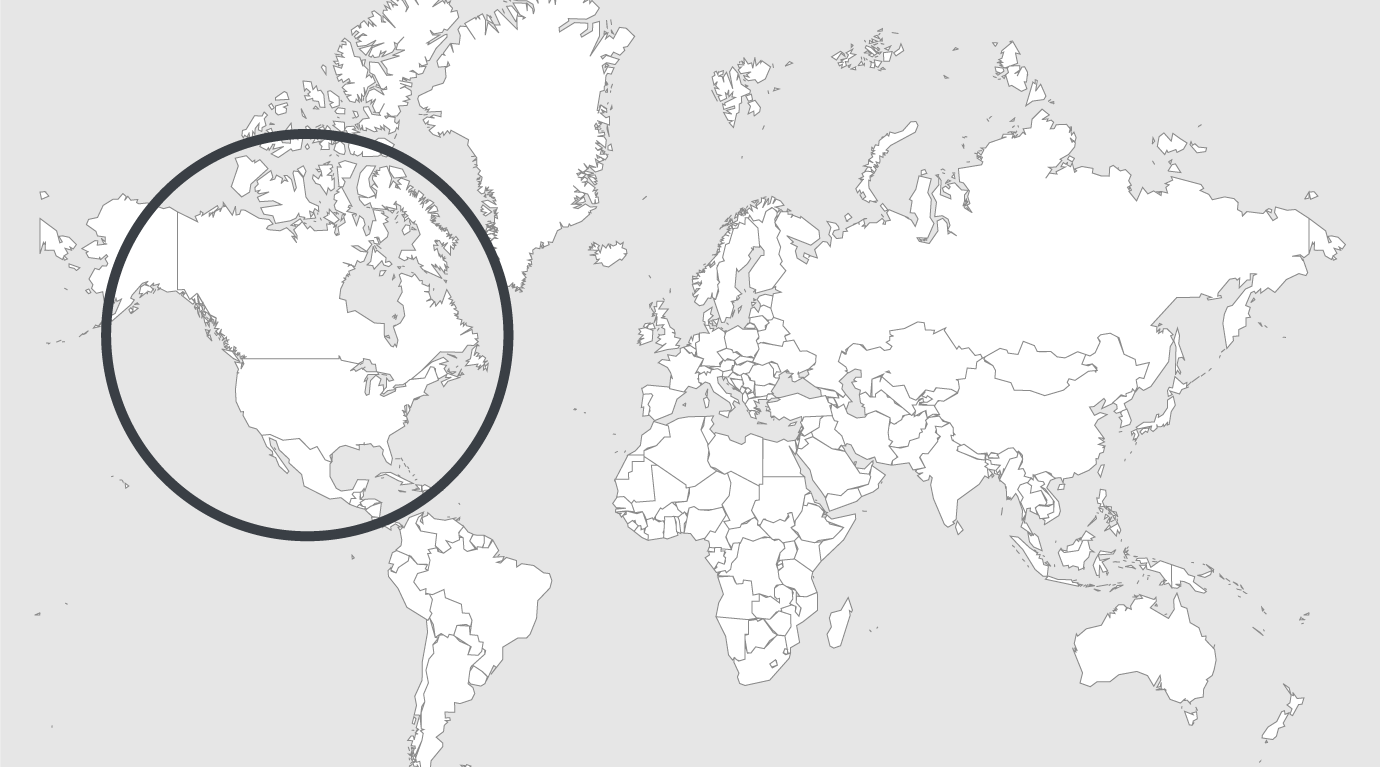
Explore
USA: the isolation of being deaf in prison
“I didn’t have a way to communicate. And they basically just flipped me the bird.”
When I was in state prison in Georgia in 2013, I heard about a class called “Motivation for Change.” I think it had to do with changing your mindset. I’m not actually sure, though, because I was never able to take it. On the first day, the classroom was full, and the teacher was asking everybody’s name. When my turn came, I had to write my name on a piece of paper and give it to a guy to speak it for me. The teacher wrote me a message on a piece of paper: “Are you deaf?” Life Inside Perspectives from those who work and live in the criminal justice system. Related Stories
“Yes, I’m deaf,” I said.
Then she told me to leave the room. I waited outside for a few minutes, and the teacher came out and said, “Sorry, the class is not open to deaf individuals. Go back to the dorm.”
I was infuriated. I asked several other deaf guys in the prison about it, and they said the same thing happened to them. From that point forward, I started filing grievances. They kept denying them, of course. Every other class—the basic computer class, vocational training, a reentry program—I would get there, they would realize I was deaf, and they would kick me out. It felt like every time I asked for a service, they were like, fuck you, no you can’t have that. I was just asking for basic needs; I didn’t have a way to communicate. And they basically just flipped me the bird.
While I was in prison they had no American Sign Language (ASL) interpreters. None of the staff knew sign language, not the doctors or the nurses, the mental health department, the administration, the chaplain, the mail room. Nobody. In the barbershop, in the chow hall, I couldn’t communicate with the other inmates. When I was assaulted, I couldn’t use the phone to call the Prison Rape Elimination Act (a federal law meant to prevent sexual assault in prison) hotline to report what happened. And when they finally sent an interviewer, there was no interpreter. Pretty much everywhere I went, there was no access to ASL. Really, it was deprivation.
I met several other deaf people while I was incarcerated. But we were all in separate dorms. I would have liked to meet with them and sign and catch up. But I was isolated. They housed us sometimes with blind folks, which for me made communication impossible. They couldn’t see my signs or gestures, and I couldn’t hear them. They finally celled me with another deaf inmate for about a year. It was pretty great, to be able to communicate with someone. But then he got released, and they put me with another blind person.
When I met with the prison doctor, I explained that I needed a sign language interpreter during the appointment. They told me no, we’d have to write back and forth. The doctor asked me to read his lips. But when I encounter a new person, I can’t really read their lips. And I don’t have a high literacy level, so it’s pretty difficult for me to write in English. I mean, my language is ASL. That’s how I communicate on a daily basis. Because I had no way to explain what was going on, I stopped going to the doctor.
My health got worse. I came to find out later that I had cancer. When I went to the hospital to have it removed, the doctor did bring an interpreter and they explained everything in sign language. I didn’t understand, why couldn’t the prison have done that in the first place? When I got back to prison, I had a lot of questions about the medicines I was supposed to take. But I couldn’t ask anyone.
Read full article
